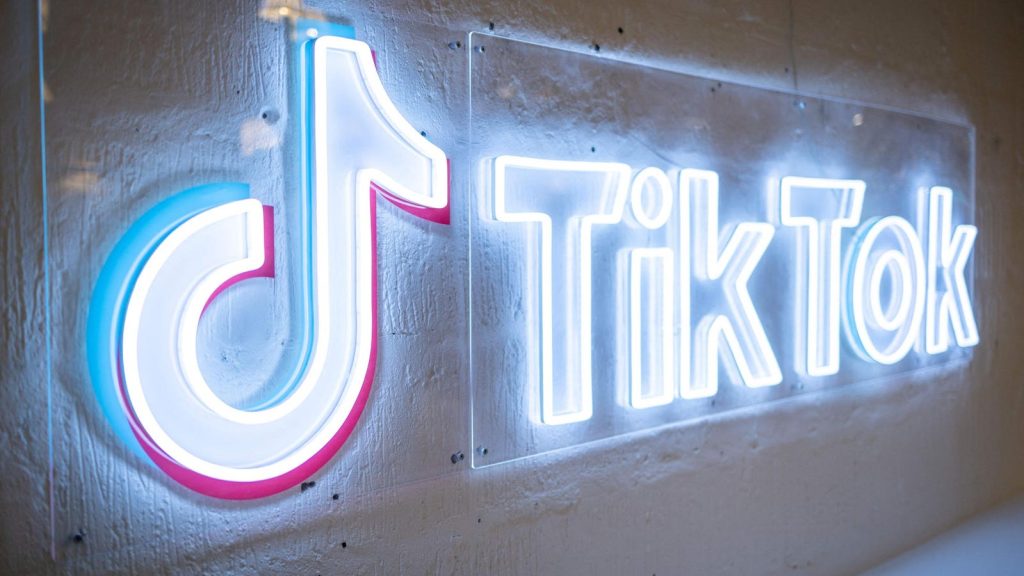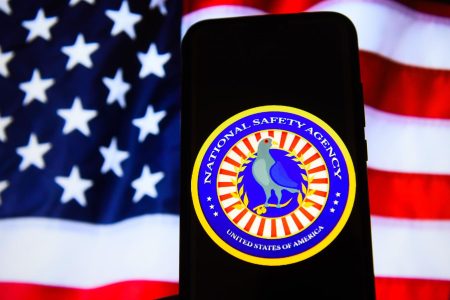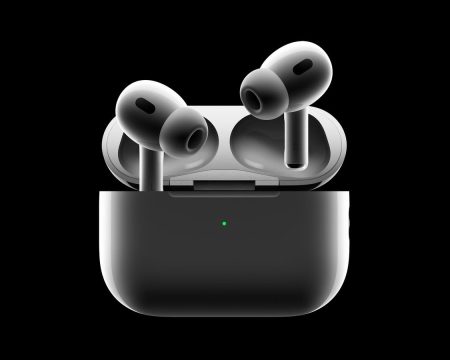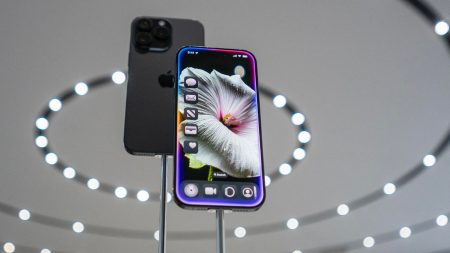A group of creators in the U.K. are turning off the “gifting” features on their TikTok accounts next week and plan to abstain from TikTok “battles” in an effort to pressure the company into changing its promotion policies after a creator previously lauded by the company was convicted of rape.
More than 100 TikTokers have made posts and comments about the impending blackout, which they say will begin on Sunday, although some have started early. By abstaining from “gifting” and “battles” — where fans send creators money, but TikTok takes a 50% cut — the creators say they hope to make a dent in TikTok’s own profits. Bonnie Stuart, one of the TikTokers supporting the action, told Forbes: “The campaign for the TikTok blackout is to make TikTok step up its protocols and introduce dbs checks [criminal background checks] and verification . . . the campaign will be no gifting, no fights, to hit TikTok where it hurts as they only seem concerned about money.”
The blackout, which does not appear to reach beyond the U.K., is largely a response to the September rape conviction of Anthony Ekpenyong, a popular musician and creator known on TikTok as Anthony Q. Lion. Ekpenyong was managed directly by TikTok’s internal creator management team, received the company’s coveted “Live Pro” badge, and was often featured on the official TikTok Live U.K. account, including as recently as October. He was sentenced to seven years in prison earlier this month.
One of the people posting most vigorously about the action — an anonymous account known as “No Face No Case” — has gained a following by making videos that allege misconduct by other TikTokers, from racism to sexual abuse to fraud. The account, which did not respond to an interview request, said in a TikTok Friday: “If somebody can bring proof to the table that a certain creator is on a case for something, or has been done for something that’s hideous, then they should have their account suspended until this is all looked into, or if they’re up on the case, until proven not guilty.”
TikTok’s account policy notes that the company will ban accounts “if we become aware that the account holder is a violent or hateful actor or has been convicted of a sexual crime or other serious offense against a young person. We may consider off-platform activity related to violence, hate, and child sexual exploitation and abuse to help make decisions about these account bans.”
Reached for comment, TikTok spokesperson Ariane de Selliers said that the company was horrified when they learned of Ekpenyong’s conviction, and that staff moved quickly to remove content featuring him from official TikTok channels. The company also booted Ekpenyong from its creator management program and removed his “Live Pro” status — a badge that TikTok gives to creators who “consistently produce great live content.”
Ekpenyong’s TikTok account is no longer available on the platform, but de Selliers said that TikTok did not remove it. Ekpenyong did not respond to an emailed request for comment.
Platforms have been generally reluctant to punish users on-platform for off-platform behavior, including criminal activity. In 2018, Spotify briefly enacted a content policy saying that it would not actively promote music by artists — including R. Kelly and XXXTentacion — whose off-platform actions it found to be offensive. But the policy lasted only a few weeks before the company reversed course, saying in a blog post: “We don’t aim to play judge and jury . . . . Therefore, we are moving away from implementing a policy around artist conduct.” As of this writing, profiles for Epkenyong remain on Spotify, Apple Music, and Instagram. (Disclosure: In a former life, I held policy positions at Facebook and Spotify. I did not work there when the offensive conduct policy was enacted or rescinded.)
Given the limited duration of the blackout, and the fact that it is limited to the U.K., it is unlikely to have a material effect on the platform’s bottom line. Still, keeping livestreamers happy is important to TikTok, which has used streaming as an important source of revenue diversification and support for its big bet on ecommerce. De Selliers noted that TikTok employees have been responding directly to creators who’ve reached out to the company about the incident.
Read the full article here










